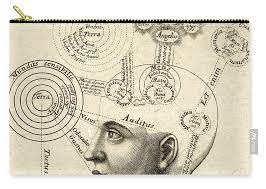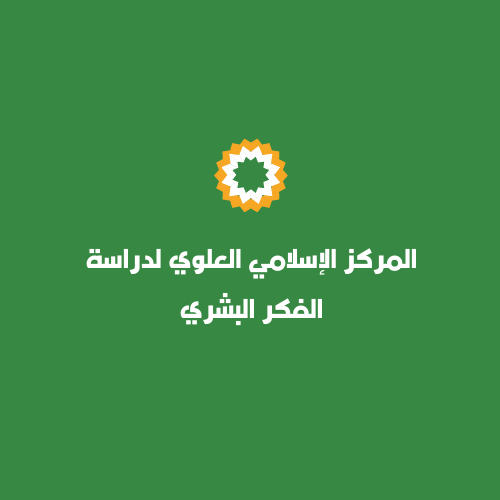European section

The European continent is the smallest of the world’s continents, excluding Australia, yet it has a crucial position in the globe and contributes to the most important global choices. That is, from the time of Christianity’s inception, i.e. the beginning of the Gregorian calendar and Renaissance Period and beyond, when the clerical role diminished and philosophical, intellectual, and scientific currents, as well as the French and British industrial revolutions, began to develop.
The changes that occurred on the European continent at the level of human knowledge, or at the level of personalities that Qualitative shifts on her hand, and one of the important factors that makes it necessary and important to deal with the changes in the European continent, but rather put them under the microscope, is the dynamic nature of her theories, that is, their movement across borders and spread throughout the world, but human thought to this day is preoccupied with analysing it, whether who accepts Western thought or who who does not, the unbridled influence that distinguished the jaw according to others, that the Western tradition has progressed to the point where it can either eradicate or neutralise heritage if the meaning is true in the geography to which it has extended, or if it has blended the nature of culture to the point where it has become a part of it. We must emphasise that American geography is a concept and a set of thinkers that we have included as a study in this section .


We’d like to point out that, God willing, one of the main research topics covered in this section will be the signs of the emergence of the science of Occidentalism, which is the polar opposite of Orientalism, which emerged in the twentieth century and studies Western society as opposed to Orientalism, which studies Eastern society.
The Alawi Islamic Center for the Study of Human Thought chose to integrate these studies in the circle of scientific inquiry and treat them as a result of these cognitive coordinates. As a result, the Center welcomes your writings and research to be sent to AlAlwyoon@gmail.com, where they will be reviewed and authorised by the scientific research team before being published.
